
CRTC opens inquiry into misleading or aggressive practices of telecommunication services providers
The Canadian Radio-television and Telecommunications Commission has recently opened an official inquiry into the “use of misleading or aggressive telecommunications services providers.” And, as of August 2018, we are actively encouraging Canadians – especially older adults – to participate in this important consultation process.
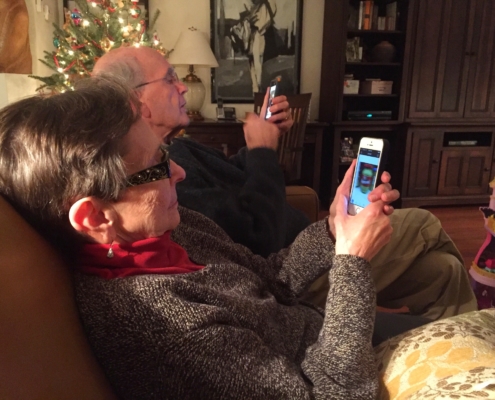
Coding old age in social imaginaries
This month’s In Focus article comes to us from Dr. Sakari Taipale at the University of Jyväskylä in Finland. Taipale is a research group leader for the Centre of Excellence in Research on Ageing and Care (CoEAgeCare), which studies the transformations in ageing in a digital age through analyses of everyday life and societal and policy change. In his paper, Taipale considers the ways in which digitalization of everyday life has shifted the ways we think about age and ageing.
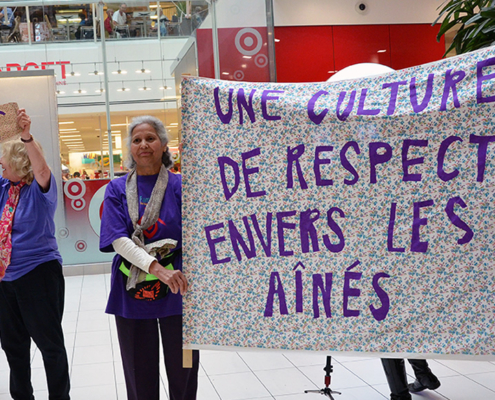
RECAA’s activism and World Elder Abuse Awareness Day
une 15 is World Elder Abuse Awareness Day (WEAAD). It was initiated by the World Health Organization (WHO) and the United Nations in 2006, and serves as a day for the world to voice its opposition to the mistreatment of seniors. In Montreal, ACT’s community partner Respecting Elders: Communities Against Abuse (RECAA) uses the day to inclusively raise awareness of elder mistreatment and elder abuse, by way of theatre practices, creative interventions and hand-to-hand leafleting in the streets.
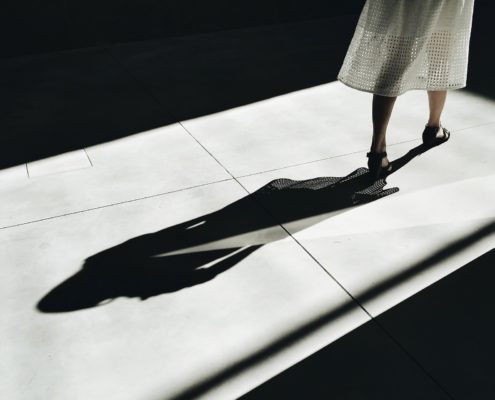
Portraits of Alzheimer’s and Dementia: Reimagining discourses on ageing.
If you google Alzheimer’s and dementia, you will find articles on “the ticking time bomb” of dementia and the socio-economic costs of Alzheimer’s. You’ll encounter videos of scientists speaking authoritatively on our inevitable cognitive decline and perhaps, most alarmingly, you’ll read messages explaining that we reach our intellectual peak at 25 years of age and it’s all just a sad descent from there.
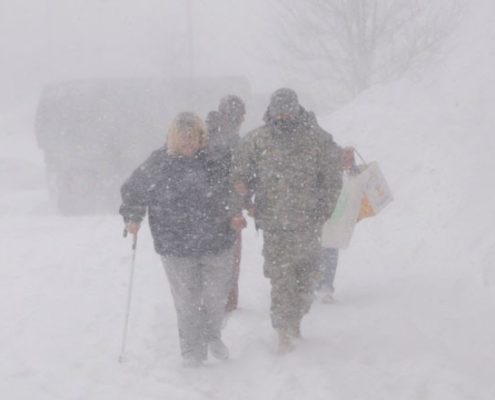
‘A genuine effort to engage older adults’
Two Concordia research teams have successfully pressured the City of Montreal into rethinking how it will get feedback from seniors to foster an “age-friendly” community.
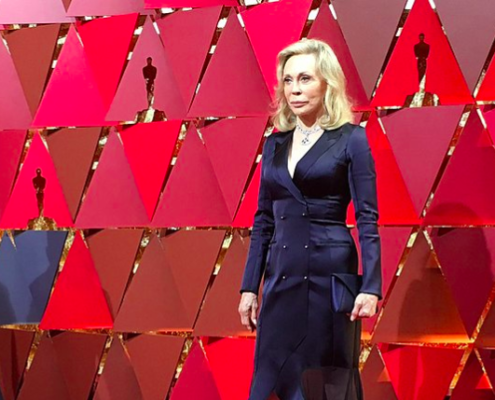
Older women and the Oscars: pay gaps, dress codes, and face lifts.
At this time of the year when the Motion Picture Academy Awards, usually known as the Oscars, help Hollywood define and celebrate the year’s best movies, acting performances and technical artistry, the glitz and glamour of the red carpet places stars at the centre of attention.
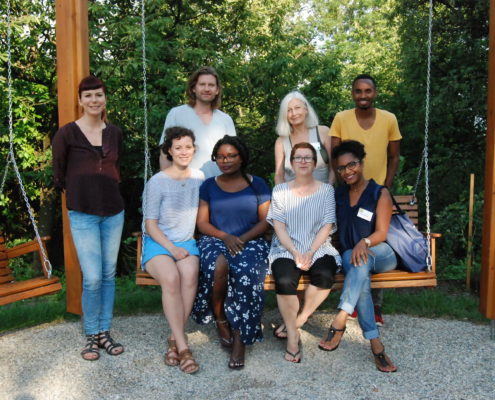
Global Learning at GUSEGG
GUSEGG brings students together for two weeks to collaborate across a range of disciplines - from economics and media studies to ageing studies and religion - while developing and sharpening a variety of academic practices and skills, including public speaking, critical academic writing, reading, interviewing, and producing media. Applications for the summer school and for ACT funding are now open!
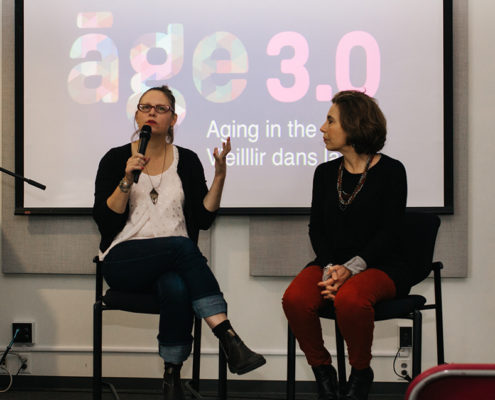
ACT reimagines the city from the perspective of aging: A look back at Age 3.0
On November 1, 2017, ACT, in partnership with engAGE and Communautique, hosted Age 3.0: Aging in the City at Concordia University. The bilingual event brought guests from the university, community groups, local businesses, as well as members of the general public into one place to exchange ideas, ask questions, and imagine possible ways to live in the city as we grow old together.

Age/ing Waves
Ageing Waves is an ongoing feminist micro historiography that attends to the specialist players of the ondes Martenot – an electronic musical instrument that made its public premiere in 1928 at the Paris Opera.
